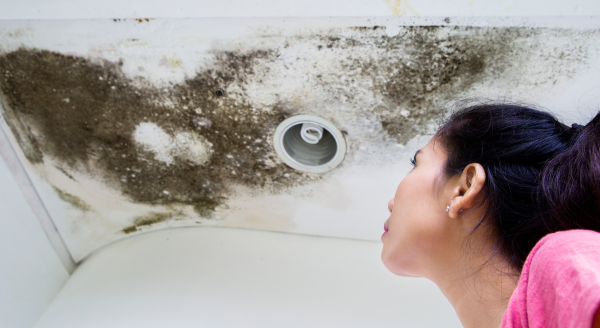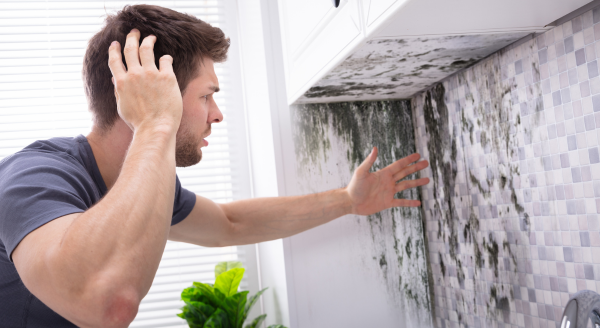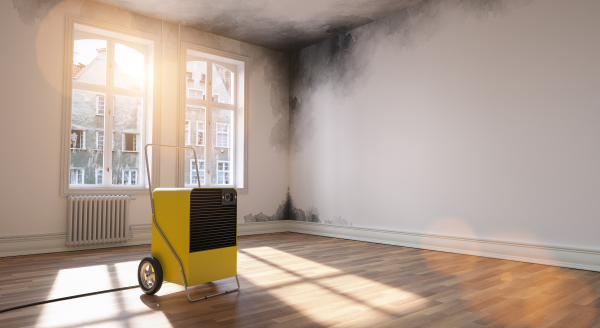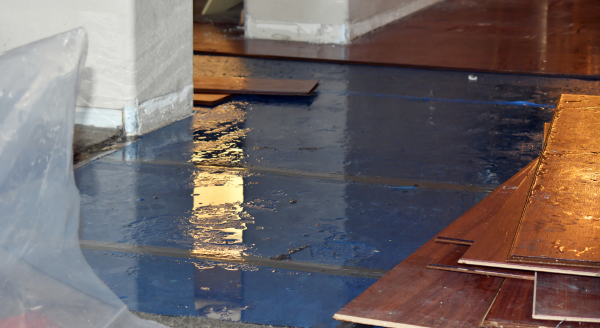It is important for both homeowners and mold inspectors to know how insurance companies handle mold damage. Homeowners need to know because they make the payments, and mold inspectors need to because they receive the payments. How does homeowners’ insurance interact with mold damage?
Homeowners Insurance and Mold Damage
Most homeowners’ insurance policies do not cover mold damage. Insurance companies will cover mold damage if it is the result of a covered peril. Examples of a covered peril are storm or water damage. A mold problem can also be covered if the homeowners’ insurance quote includes an endorsement about mold damage.
What Are Covered Perils?
A covered peril refers to regular situations that insurance companies cover. An example of this is flood insurance. Insurance companies offer flood insurance because it can happen and does happen.
Mold removal may be considered a covered loss by an insurance company if mold growth is the result of the covered peril. So, if a home is damaged by a flood and mold grows inside the home, the cost of mold cleanup could potentially be covered as part of the flood damage. To know for sure if mold damage will be covered, it is best to check the insurance policy or speak with an insurance agent.
What is an Added Endorsement?
It is also a possibility to add what is called an endorsement to a regular homeowners’ insurance policy. An endorsement that covers mold damage will cost extra upfront but could be beneficial when facing the cost of remediating mold later on.
Simple Ways to Restrict Mold Growth
Mold spores cannot be prevented, so the next best option is to restrict their growth. To do this, there are some precautions every homeowner can take.
1. Indoor Air Quality
Keep out humidity and make sure air ducts and filters are clean and free of moisture.
2. Mold Cleanup
If mold is growing anywhere, clean up the mold immediately. The CDC offers advice on which chemicals and tools to use with mold damage.
3. Home Inspection
Make it a regular routine to look at crawl spaces, basement storage, attics, and other areas of the home where mold can spread rapidly. Often, these are areas that get little use, so noticing mold growth will take effort.
Become a Mold Assessor
If you want to learn more about insurance claims on mold damage, consider becoming a certified mold assessor. By taking the proper classes and tests, you can become knowledgeable in the field of mold. Certified mold assessors can then help homeowners create healthy living environments.
If you aren’t sure how to go about taking classes or the licensing examination, call us today. The National Environmental Training Institute (NETI) is a state-certified training company offering Mold Remediator and Mold Assessor training. NETI also offers continuing education units (CEU’s), certification, and licensing.










